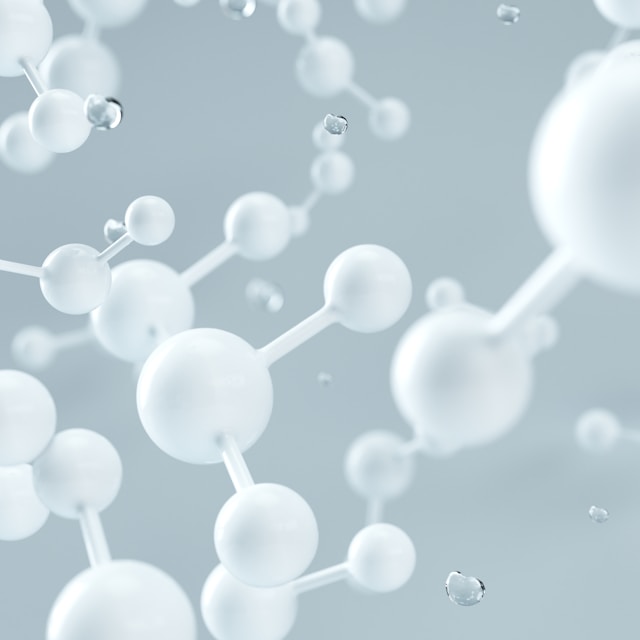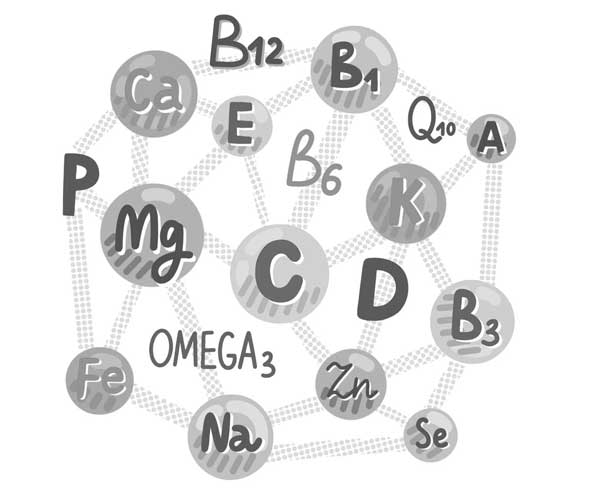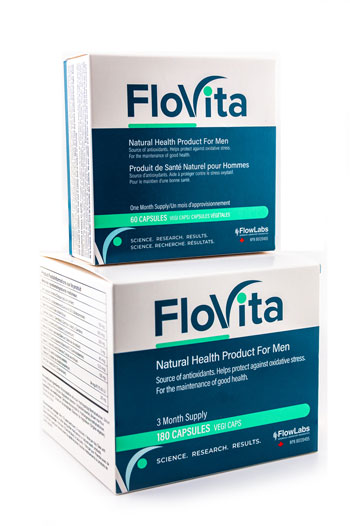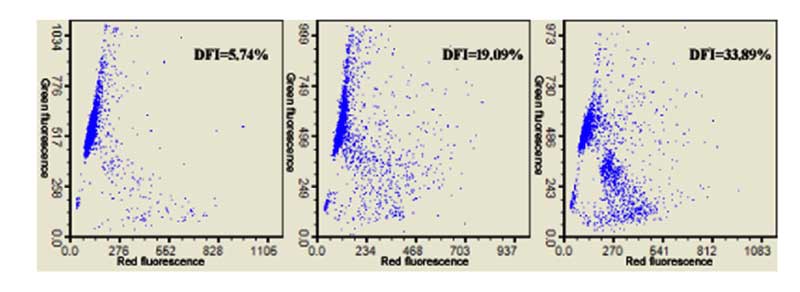Male Secondary Infertility: Causes & What You Can Do About It
What is Male Secondary Infertility?
Secondary infertility is the inability to conceive or carry a pregnancy to term after previously having a child without difficulties. While fertility challenges are often associated with women, male factors contribute to nearly half of all infertility cases.
Facing secondary infertility can be emotionally challenging and stressful, but you’re not alone in this experience.
If you and your partner are struggling to conceive again, understanding the common causes of male secondary infertility is the first step toward finding a solution. Early identification of these causes can significantly increase your chances of successful conception.

Common Causes of Male Secondary Infertility
- Age-Related Changes – As men age, sperm quality naturally declines. After 40, sperm count, motility (movement), and morphology (shape) can decrease, making conception more challenging. While men can continue to produce sperm throughout their lives, its effectiveness at fertilizing an egg diminishes over time.
- Hormonal Imbalances – Testosterone plays a crucial role in sperm production. Over time, testosterone levels may decline, or other hormonal imbalances (such as high estrogen or low follicle-stimulating hormone) can develop, leading to decreased sperm production and poor quality.
Factors contributing to hormonal changes include:
- Aging
- Chronic stress
- Thyroid disorders
- Excess body fat
3. Lifestyle Factors – Your daily habits significantly impact your fertility. Some of the most common lifestyle-related fertility blockers include:
- Smoking – Reduces sperm count and increases DNA damage.
- Excessive alcohol – Lowers testosterone and disrupts sperm production.
- Obesity – Leads to increased estrogen levels and decreased sperm function.
- Poor diet – Deficiencies in key nutrients (like zinc, vitamin D, and antioxidants) negatively affect sperm health.
Improving lifestyle choices, such as quitting smoking, moderating alcohol intake, maintaining a healthy weight, and eating a balanced diet, can significantly enhance your fertility outcomes.
4. Medical Conditions – Certain health conditions can develop over time and interfere with male fertility, including:
- Varicocele – Enlarged veins in the scrotum that impair sperm production.
- Infections – Sexually transmitted infections or untreated genital infections can cause long-term reproductive damage.
- Diabetes & Cardiovascular Disease – Can contribute to erectile dysfunction and poor sperm function.
Regular medical check-ups can help detect and manage these conditions proactively, safeguarding your reproductive health.
5. Environmental & Occupational Factors – Men exposed to toxins, radiation, or heat in their work or environment may experience a decline in sperm quality.
- Pesticides & Chemicals – Found in industrial jobs, farming, and even some household products.
- Heavy Metals (e.g., lead, mercury) – Can damage reproductive cells.
- Frequent Heat Exposure – Prolonged laptop use on the lap, hot baths, or working in high-temperature environments can overheat the testicles and reduce sperm production.
6. Stress & Mental Health – Psychological stress can negatively impact sperm production by increasing cortisol levels, which suppress testosterone. Chronic stress is also linked to lifestyle choices that harm fertility, such as poor sleep, unhealthy eating, and decreased libido.
Practicing stress-management techniques such as mindfulness, exercise, or seeking professional counseling can significantly improve your reproductive health.
What You Can Do If You Suspect Secondary Infertility
If you’ve been trying to conceive for 6+ months without success, it’s time to take action. The good news? Many causes of secondary infertility are treatable with the right approach.
Nutrition, lifestyle, and essential nutrients significantly impact sperm quality. FloVita is a hormone-free male fertility supplement specifically designed to:
- Enhance sperm motility and viability (Balercia et al., 2009)
- Support healthy sperm count (Safarinejad et al., 2012)
- Provide antioxidant protection (Agarwal et al., 2014)
FloVita includes scientifically supported key ingredients such as Coenzyme Q10, L-Carnitine, Folic Acid, and Vitamin E, providing targeted support to help you proactively manage your reproductive health (Ross et al., 2010; Safarinejad & Safarinejad, 2009; Ebisch et al., 2007).
💊 Support your fertility today – try FloVita!
References:
- Balercia, G., et al. (2009). “Coenzyme Q10 treatment in infertile men with idiopathic asthenozoospermia: a placebo-controlled, double-blind randomized trial.” Fertility and Sterility, 91(5), 1785-1792.
- Safarinejad, M. R., et al. (2012). “Effect of folic acid and zinc sulfate on male factor subfertility: a double-blind, randomized placebo-controlled trial.” Journal of Urology, 188(6), 2126-2132.
- Agarwal, A., et al. (2014). “Role of antioxidants in treatment of male infertility: an overview of the literature.” Reproductive Biomedicine Online, 29(4), 393-410.
- Ross, C., et al. (2010). “Carnitine supplementation and sperm quality.” Fertility and Sterility, 94(5), 1741-1746.
- Safarinejad, M. R., & Safarinejad, S. (2009). “Efficacy of selenium and vitamin E supplementation in the treatment of idiopathic male infertility: A double-blind placebo-controlled randomized study.” Journal of Andrology, 30(6), 601-610.
- Ebisch, I. M. W., et al. (2007). “The importance of folate, zinc and antioxidants in the pathogenesis and prevention of subfertility.” Human Reproduction Update, 13(2), 163-174.













